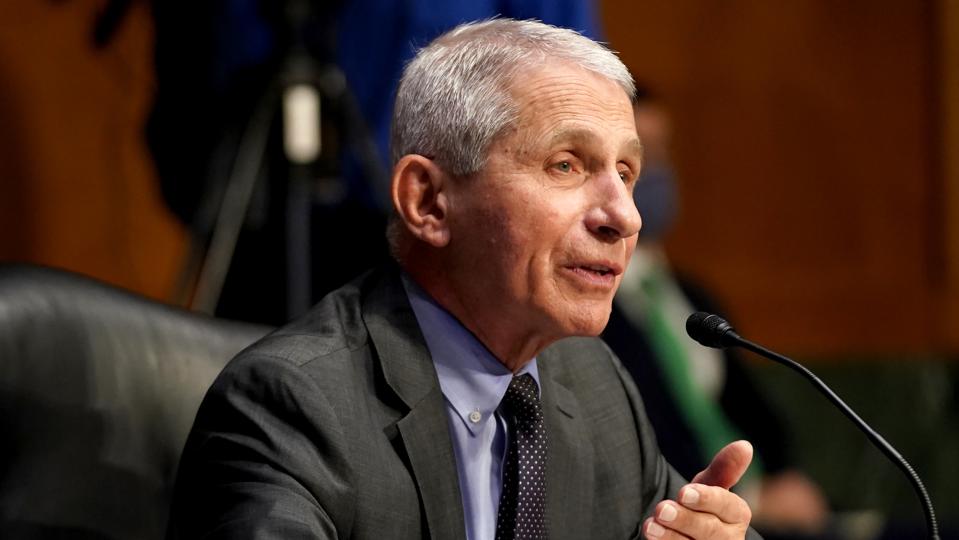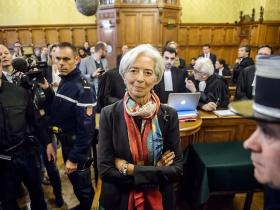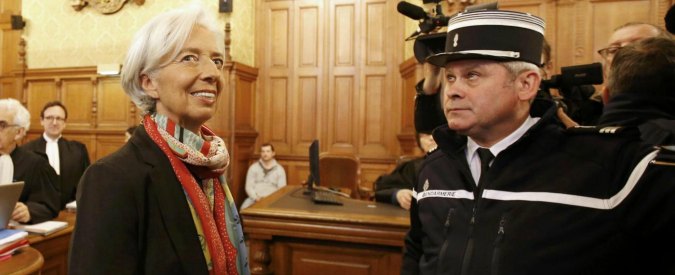WHO’s Tedros plans to seek reelection, setting up referendum on his leadership

Tedros Adhanom Ghebreyesus, the director-general of the World Health Organization, plans to run for a second five-year term as the head of the agency, according to a person familiar with his thinking, setting up a referendum on the WHO’s handling of the Covid-19 pandemic under his leadership.
It is unclear at this point whether others will emerge to challenge the 56-year-old from Ethiopia, who made history in 2017 when he became the first African elected to the global health agency’s top job. WHO director-generals may only serve two five-year terms, and must be elected each time.
Publicly, Tedros, as he is known, has sidestepped questions of whether he plans to seek a second term. But the source familiar with his thinking confirmed it is his intention to do so.
advertisement
Tedros’ term as director-general has been engulfed in major health emergencies. A year after he took office, Ebola exploded in what is effectively a war zone in the northeastern corner of the Democratic Republic of the Congo; the outbreak, the second largest on record, took two years to contain. Before it could be fully extinguished, the Covid-19 pandemic began.
The WHO’s handling of the pandemic was the subject of fierce criticism by the Trump administration, which believed the agency was soft on China in the early days of the Covid-19 outbreak. Some Republicans in Congress joined in that criticism, and Trump served notice that the United States was withdrawing from the WHO in protest. (President Biden immediately rescinded the notice when he took office.)
advertisement
Despite the controversy, some observers believe Tedros should be able to secure a second term.
“He’s not invulnerable by any means, but I think he’s in a pretty strong position, even with the problems he’s encountered in the first 3 1/2 years,” said Stephen Morrison, director of the global health policy center at the Center for Strategic and International Studies.
Lawrence Gostin, faculty director of the O’Neill Institute for National and Global Health Law at Georgetown Law, was not a Tedros supporter in 2017, but has since changed his view.
“It would be exceedingly unwise in my view to change DG in the midst of a historic pandemic, which will still likely be raging,” Gostin said in an email. “I also think Tedros has earned another term.”
The process for selecting the person who will lead the WHO from 2022 to 2027 began last month, when the WHO sent out a letter informing member states that they could nominate candidates for the next term. The nomination period ends in mid-September; candidates will be announced at the end of October. If there are multiple candidates, the WHO’s executive board — a panel of members from 34 member countries representing the various WHO regions — will interview and nominate up to three final candidates.
Member states will elect the director-general from that roster at the 2022 World Health Assembly, the annual meeting of the WHO’s governing council.
In the race that culminated in Tedros’ selection in 2017, he handily beat out five other candidates, shored up by support from the African Union, a bloc of 55 nations.
He was widely praised for his leadership in the Ebola outbreak in North Kivu and Ituri, traveling to the dangerous region at least 10 times to meet with people working to contain the outbreak.
More recently, Tedros has angered China by insisting on a thorough investigation into the origins of the Covid pandemic. Though China is not a major player in the functioning of the WHO, riling the government could prompt it to campaign against him.
That said, as the world continues to battle a pandemic that emerged from that country, China might not be in the strongest position to marshal support.
“China delayed in accurately reporting the outbreak for weeks, blocked WHO from independently investigating, and thwarted the world’s ability to discover the origins of the virus,” said Gostin. “I think China is seriously weakened at WHO and probably couldn’t block Tedros’ path to reelection.”
Morrison praised Tedros for repeatedly challenging wealthy countries for hoarding pandemic vaccines. “He’s been vocal and that’s what he should be,” he said. “That’s his role.”










